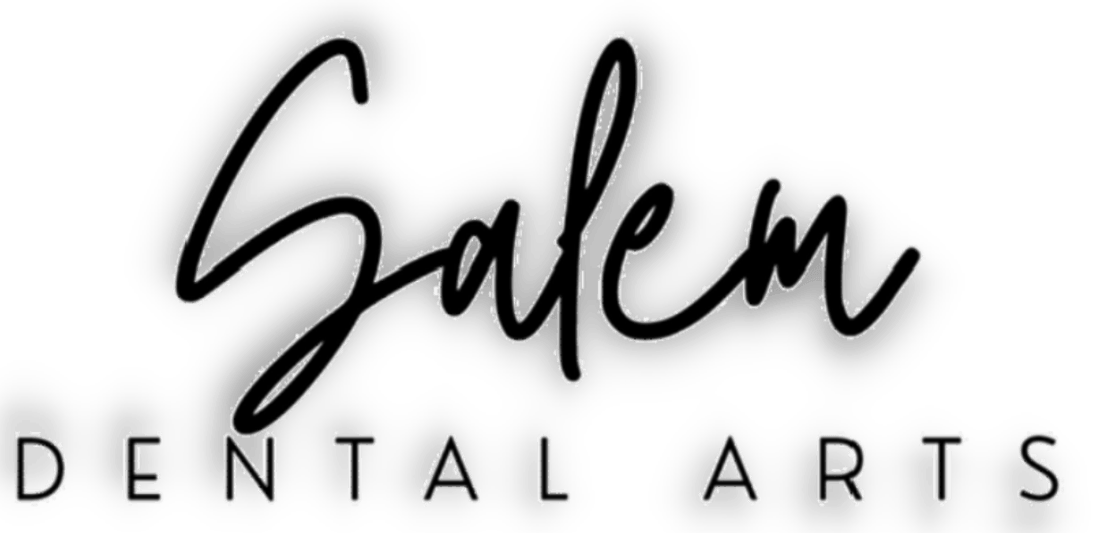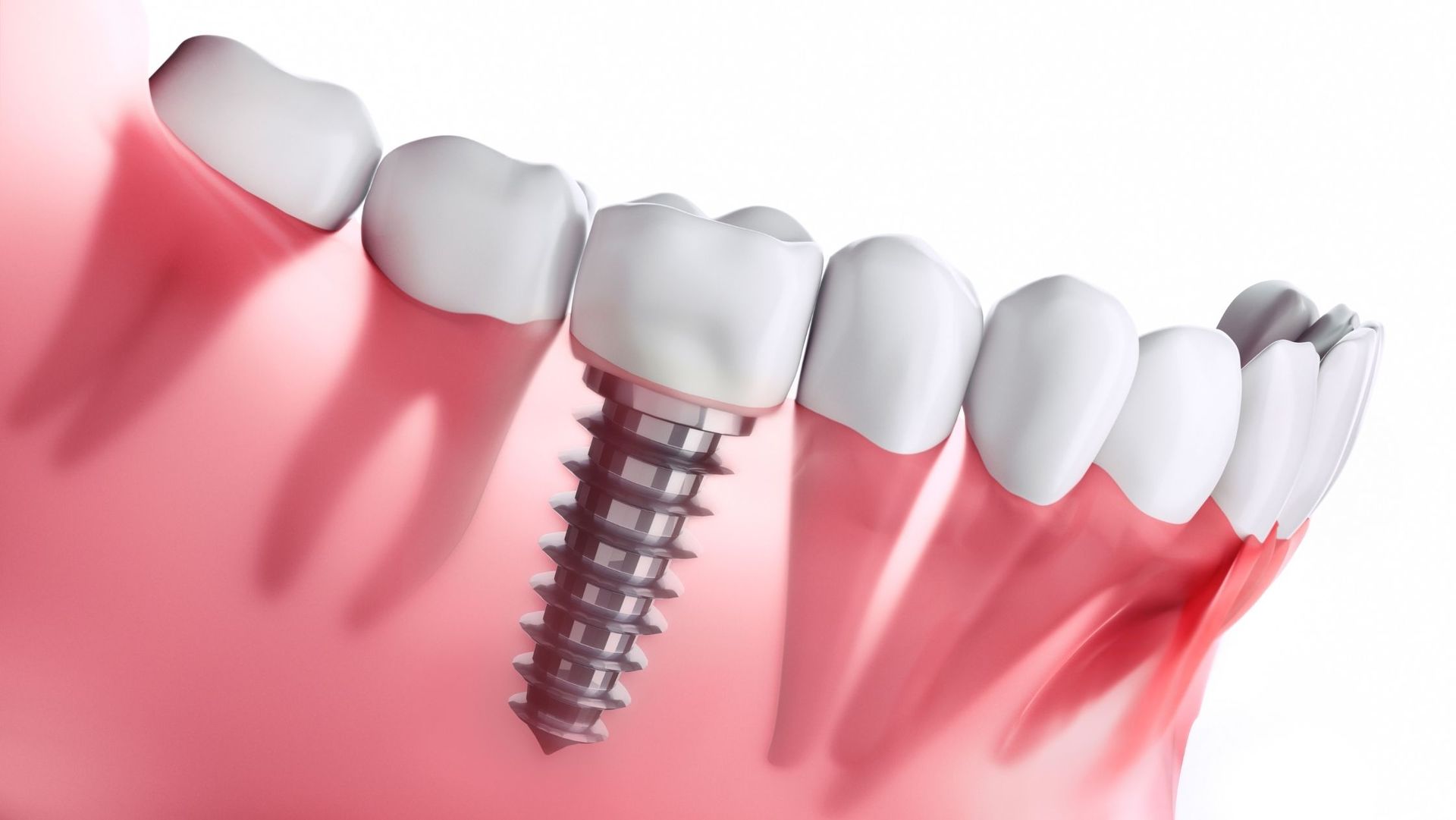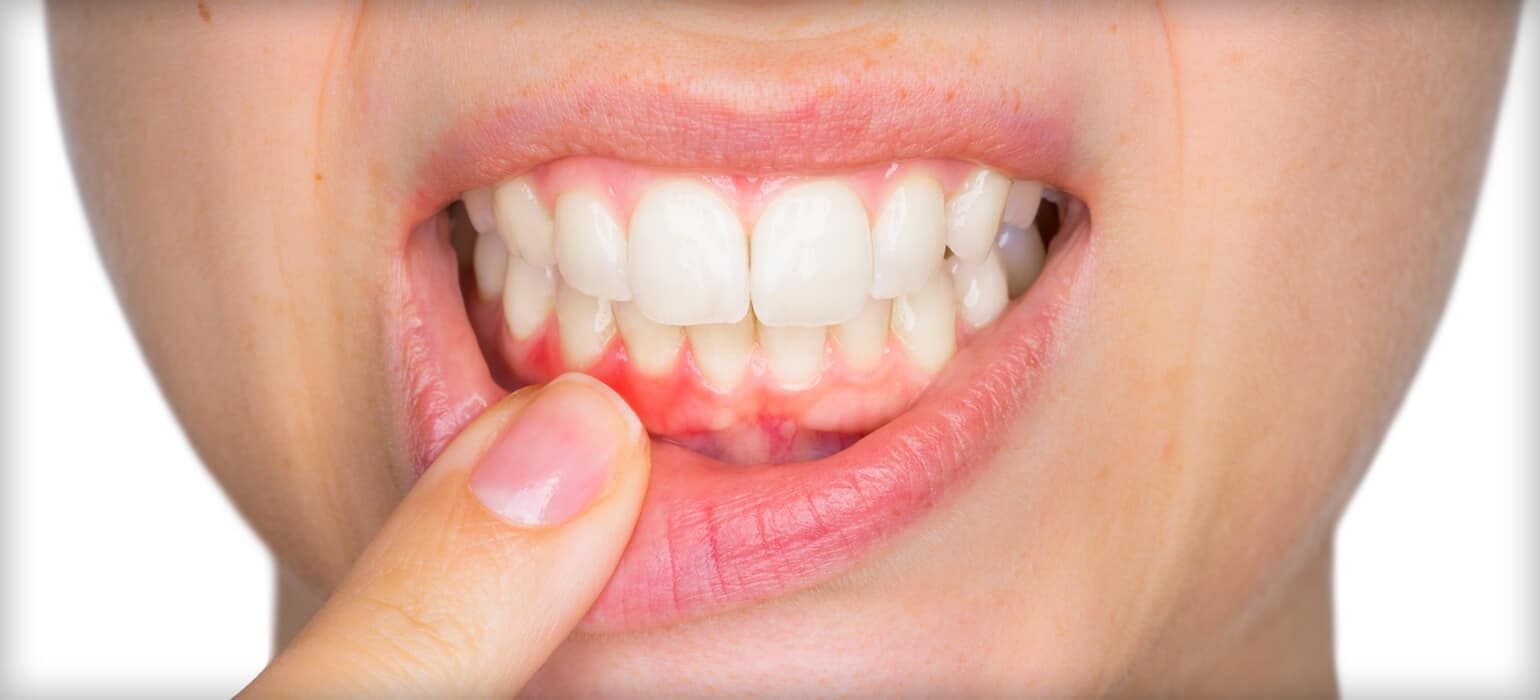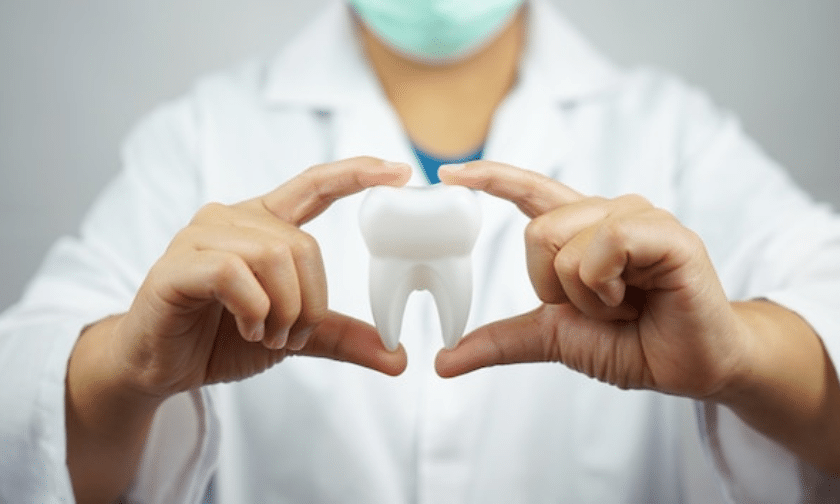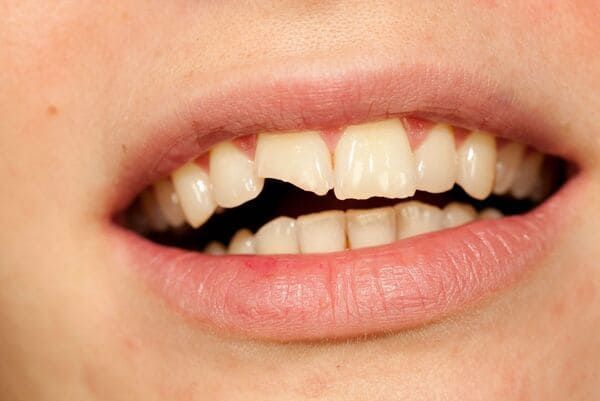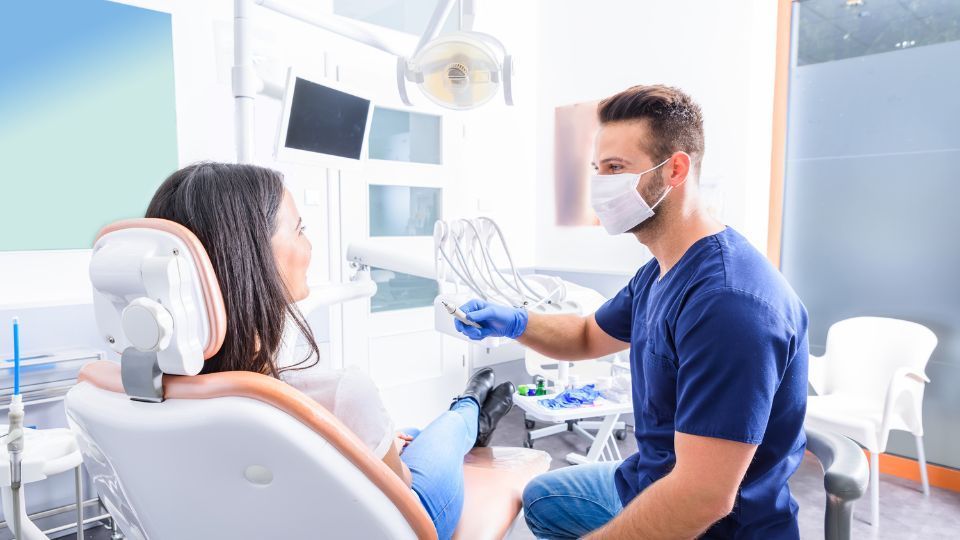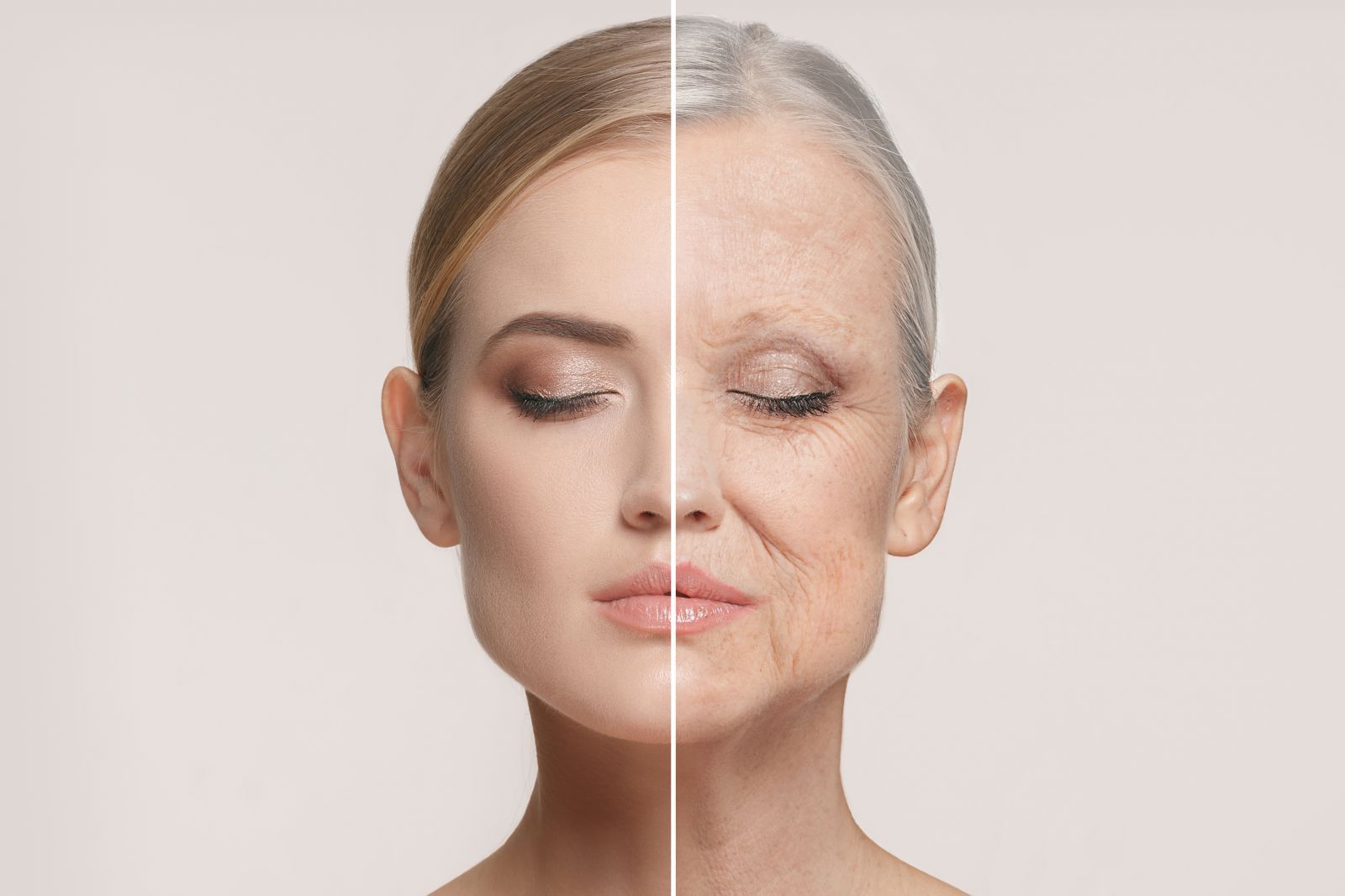What is Causing Your Gum Recession on One Tooth?
Have you noticed your gum receding, pulling away from a single tooth? Gum recession can be a concerning dental issue requiring attention and care. Understanding the causes will give you the information you need to know so you can stop it.
What Causes Gum Recession on One Tooth?
In a nutshell, gum recession is a trauma response, which many factors, such as injury, disease, or aggressive oral care, can cause. Let's explore each to understand the underlying factors contributing to gum recession.
Gum Disease: Gum disease, particularly in its advanced stages, can cause gum recession. Gum disease can be widespread or localized to a single tooth. Bacteria buildup leads to inflammation and infection, ultimately damaging gum and bone tissue and causing them to recede.
Aggressive Brushing or Flossing: Applying too much pressure or using a stiff bristle brush can cause significant trauma to the gum and teeth and lead to gum loss; in time, you may even wear away your tooth.
Grinding: Some people develop deep v shaped recession above the gum, called abfraction lesions. The causes are debated, but it is believed to be due to excessive forces either chewing, grinding, or overly aggressive oral care.
Plaque and Tartar Buildup: Plaque is soft and can be removed with brushing and flossing. Plaque buildup will often cause red, swollen, puffy gums that may become flabby around the tooth.
Tartar is hard and can't be brushed away; a dental cleaning appointment is required. Tartar can be above or below the gumline. It is similar to having a splinter in your skin; its rough, irritating surface also harbors bacteria, adding to the situation. The body will respond to the irritant by receding the gum and bone around the tooth.
Trauma: Physical injuries, such as accidental toothbrush slips, dental procedures, sports injuries, or oral piercings, can cause localized gum recession.
Misaligned Teeth: Teeth that are misaligned or malpositioned can exert excessive pressure on specific areas of the gums, leading to recession over time.
What to Do About Gum Recession on One Tooth
Addressing gum recession typically involves a combination of preventive measures and professional dental treatment:
1. Improve Oral Hygiene: Maintain a consistent oral care routine by brushing gently with a soft-bristled toothbrush twice daily and flossing to remove plaque and food debris.
2. Modify Brushing Technique: Avoid aggressive brushing and flossing, and instead, use gentle, circular motions to clean teeth and gums effectively without causing further irritation or recession.
3. Use Desensitizing Toothpaste: Toothpaste formulated for sensitive teeth can help alleviate discomfort associated with exposed tooth roots resulting from gum recession.
4. Professional Cleaning: Regular dental cleanings by a dental hygienist or dentist to remove buildup contributing to gum disease and recession.
5. Gum Grafting: A periodontist may recommend gum grafting surgery in cases of significant gum recession. During this procedure, tissue from another area of the mouth or donor tissue covers the exposed tooth root(s).
6. Orthodontic Treatment: If misaligned teeth are the culprit of the gum recession, orthodontic treatment, such as braces or clear aligners, may help redistribute forces on the gums and prevent further recession.
7. Monitor and Prevent Further Recession: Regular dental check-ups allow your dentist to monitor gum health and address any signs of recession early. Implementing preventive measures can help prevent further recession and maintain gum health.
Conclusion
In conclusion, gum recession on one tooth can stem from various factors, including periodontal disease, aggressive brushing, genetics, trauma, and misaligned teeth. Addressing the underlying cause and implementing preventive measures, such as improving oral hygiene and seeking professional dental treatment, can help stop and
prevent gum recession.
If you notice gum recession or other changes concerning your oral health, consult with your dentist promptly for personalized evaluation and treatment recommendations. Prevention is always simpler than restoration, don’t wait. If you have questions or would like to schedule a consultation we are located in Salem, MA our dentist and friendly staff are
here for you.
